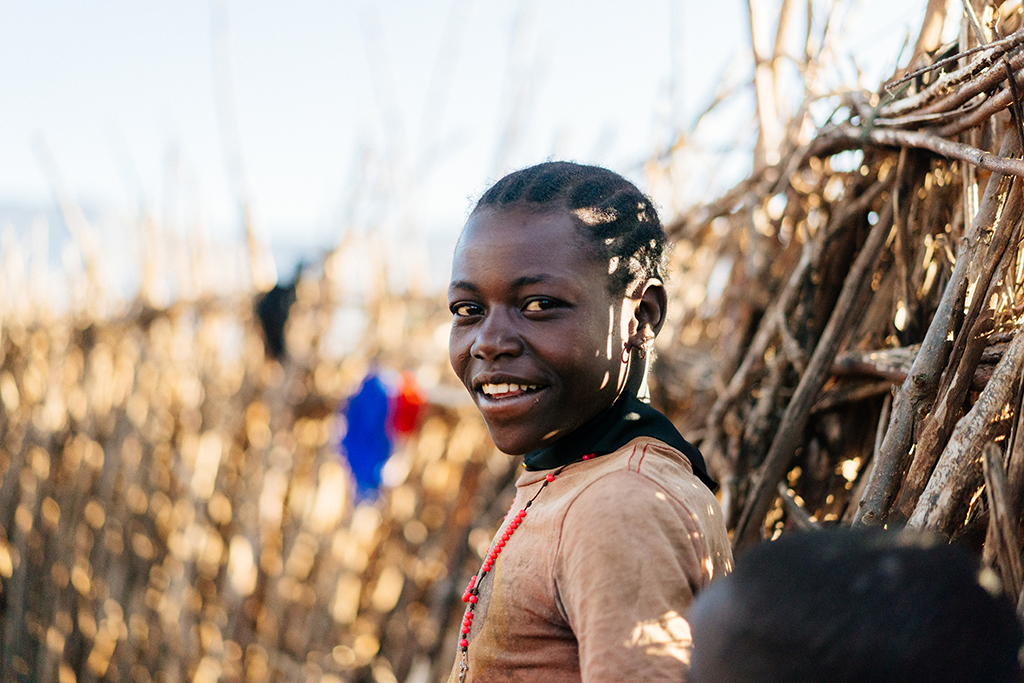

Watch The Official Freedom Day 2023 Video
Nina’s Story
Nina is just 13 years old.
When she was only 4 years old, Nina was trafficked by her cousin to work as a nanny at her home.
She worked there for 2 months until Nina’s mother demanded her cousin to return her home because the cousin was not sending the money that she had promised.
When Nina turned 9 years old, another cousin asked Nina’s mother to allow her to take her to be a nanny to her child. The cousin paid Nina’s mother about $10. She bought her…for $10.
When Nina reached Kampala, the capital city, she was instead told to start begging on the street. She would wake up very early in the morning, in the cold, with no jacket, to go and work as a beggar. She paid her cousin whatever she was able to get.
Begging was very competitive, because there were so many other children begging as well. Whenever Nina did not get any money, her cousin would beat her with a wire and deny her food. Sometimes she would survive on only water for days.
She begged on the street for a month before someone called Nina’s brother and asked him to come get his sister, because she was being mistreated.
She arrived home and stayed there for 2 weeks. Then one day as she went to fetch water with her friends, Nina heard them warning each other about a man that was coming. The rest of the girls ran away and hid, but Nina was confused and did not undertsand what they were saying. A man suddenly showed up, seemingly out of nowhere. He threw Nina to the ground and raped her.
She went to the police and they found the man and arrested him. But, the trauma had taken it’s toll. She was referred to our partner Willow International for rehabiltation and aftercare.
After a week, Nina requested to be taken back to where she used to stay to retrieve her belongings. When our staff took her there, she did not want to leave. She refused to get into the car.
Concerned community members forced her to get into the car and told her never to come back to their community because she was young and life was too difficult for her there.
Nina was crying and did not want to eat or play with anyone at Willow. She began to display highly aggressive behavior. She would beat up other children in hallways, fight with most of the participants at the shelter and refused to learn anything.
Nina was referred to the Hope Center due to the proximity to her homeland and more familiar surroundings. When she reached the Hope Center, she was very happy to meet people who speak her language. Everyone was friendly and since the place was near her home she began to acclimate more easily.
Nina, who had never been to school and had no interest in education, was enrolled in the literacy class. She couldn’t write her name or even count from 1-10.
Today, she confidently writes her name, speaks some English, reads stories and writes numbers from 1-30. Nina has become a skilled craft worker and, through such activities, she is able to send money to support her family.
Through counseling and training, Nina has been able to tell her story. She is learning that what she went through was abuse and it wasn’t her fault.
She has been slowly working through her trauma with our skilled counselors. She has also learned to socialize with other participants, loves children and has developed an interest in learning.
We recently visited Nina’s home village and they were so happy to see her and know that she is learning a skill to help her in the future.
The transformation we have seen in Nina has been nothing short of a miracle. It’s because of your support that she has found her Freedom Day.
With your help, we can keep her free.
Every survivor has a story.
Hear the stories of two of our survivors below.
As with many survivors of human trafficking, Helen and Rhona (names changed to protect privacy) were convinced by a “friend” to go somewhere far from home for work.
These “friends” are traffickers. They are so good at what they do, that even after some of the worst experiences of their lives, these young women still refer to their traffickers as “friends”.
A large portion of our program is dedicated to educating and empowering survivors to protect themselves and others in the future.
As you heard in their stories, both Helen and Rhona were grossly underpaid and horribly treated by their bosses. They were little better than slaves.
Fortunately for them, they were able to leave. This is not typical, often survivors need to be rescued, as their traffickers will usually take away their passport and visas.
Even though Helen and Rhona were able to get back home, their situation had not improved. In fact, they were worse off than when they left, due to the abuse they suffered.
Hope’s Cry is providing the critical link to hope and empowerment so these survivors can return home with the resources and education they need to thrive.
